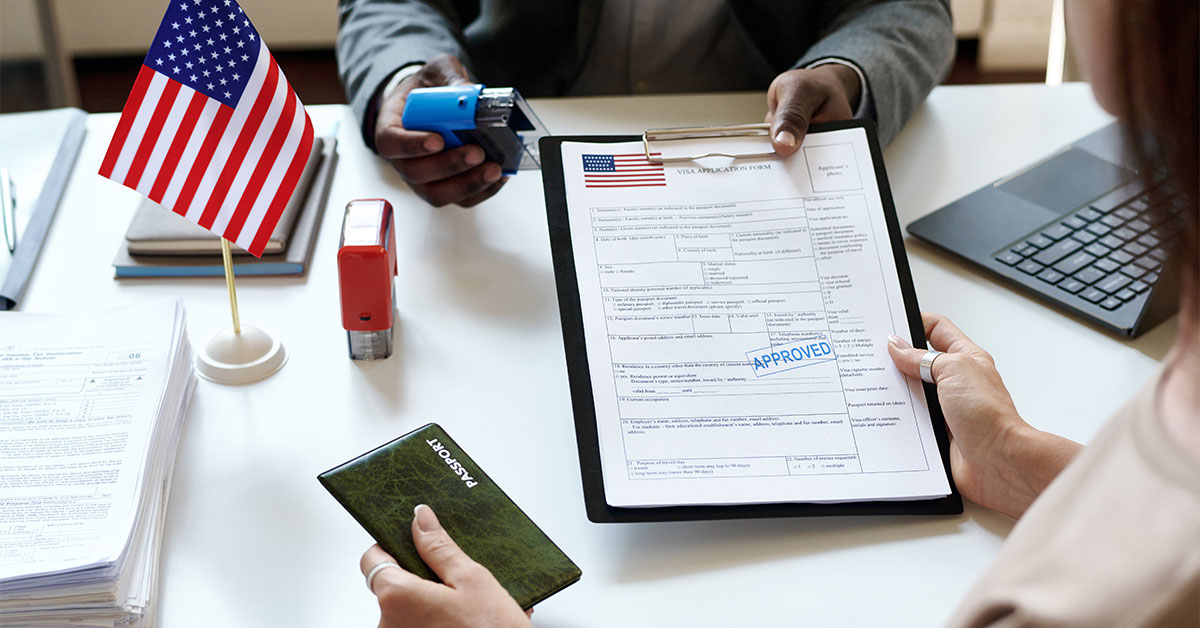Let’s be honest—navigating the UK visa process as an international student in 2025 is a minefield. It’s not just about paperwork. It’s about anxiety, changing rules, hidden costs, and the fear that one mistake could wipe out your study dreams.
This article isn’t a bland list—it’s the insider checklist you actually need. We’ll walk you through every document, deadline, and detail that matters, answer questions you didn’t even know to ask, and link directly to what matters. Because missing one step shouldn’t cost you your future.
Why This Checklist Matters More Than Ever in 2025 h2
Students around the world are feeling the heat. Delays in visa decisions, stricter scrutiny of finances, and unexpected refusals have made this year the most stressful yet.
Why? Because the UK’s immigration policy is evolving fast. While the UK remains one of the top destinations for higher education, the Home Office is cracking down on fraud, overstay risk, and vague applications.
If you’re even slightly unprepared, you’re vulnerable. But if you follow this checklist? You’re way ahead of the crowd.
Step 1: Know Your Visa Type (Yes, There’s More Than One) h3
You’re likely applying for a Student visa, which replaced the old Tier 4 system. But did you know there’s also a Graduate visa you can apply for after your degree—and it needs to be on your radar now?
Start here:
Check which visa you need
You’re probably applying for:
- Student visa – to study a full-time course in the UK for 6+ months.
- Graduate visa – to stay in the UK for up to 2 years after finishing your degree.
Make sure you’re clear on this from day one. Confusing visa types is a surprisingly common—and costly—error.
Step 2: Get Your CAS Letter from Your University h3
Your Confirmation of Acceptance for Studies (CAS) is your golden ticket. It’s a unique reference number issued by your university and confirms they’ve offered you a place.
You can’t even start your visa application without it.
Your university will email it once you:
- Accept your offer
- Meet any conditions (like final transcripts or English scores)
- Pay any deposit (if required)
More info: Student visa guidance
Step 3: Pay the Visa Fee + Immigration Health Surcharge h3
Here’s the part no one warns you about: the UK student visa isn’t cheap.
As of 2025:
- Visa application fee: £490
- Immigration Health Surcharge (IHS): £776 per year of your course
If your course is 3 years, you’ll pay:
- £490 (visa) + £2,328 (IHS) = £2,818
You’ll pay this upfront online as part of your application on the UK Visas and Immigration portal.
Step 4: Gather the Real Documents (Not Just the Obvious Ones) h3
You’ll need more than just a passport and a CAS. The most common reason student visas are refused is weak or unclear supporting documents.
You must have:
- Valid passport
- CAS letter from your university
- Proof of funds (see below)
- Proof of English language ability (e.g. IELTS for UKVI)
- TB test certificate (if you’re from a listed country: Check here)
Step 5: Get Your Financial Documents Laser-Sharp h3
You need to prove you can support yourself while studying in the UK.
Rule:
- £1,334 per month (for up to 9 months) if studying in London
- £1,023 per month (for up to 9 months) if outside London
That means you’ll need to show:
- Around £12,006–£12,50 (London)
- Or £9,207–£9,250(outside London)
Acceptable documents:
- Bank statements (your name or your parent’s)
- Financial sponsorship letter
- Student loan confirmation
Full financial rules: Money required for student visa
Red flags to avoid:
- Large unexplained deposits: Sudden big amounts in your account without proof (like a job, loan, or gift letter) look suspicious and may be flagged as fake funds.
- Recent account openings: If your bank account is less than 28 days old, it won’t meet UKVI’s financial evidence rules.
- Inconsistent names: If your documents show different spellings or surnames (e.g. bank vs. passport), it can cause delays or rejections—always explain with proof.
- Fix: Use long-standing accounts, provide source proof for deposits, and include affidavits or legal name documents if needed.
Step 6: Apply Online h3
Head to the official portal:
Apply for your UK Student visa
You’ll:
- Fill in the application
- Upload documents
- Pay fees
- Book your biometric appointment
Step 7: Book Your Biometric Appointment (and Be Early!) h3
You’ll need to visit a UK visa application centre (VAC) in your country to submit fingerprints and a photo. This is required to finish your application.
Appointments fill up fast—don’t wait!
You’ll receive:
- A confirmation receipt
- A tracking ID to follow your application
Step 8: Upload Documents to UKVCAS or TLScontact
Depending on where you live, you’ll use either:
- UKVCAS (for UK-based switching)
- TLScontact or VFS Global (for overseas applications)
Upload:
- Scans of passport
- Bank statements
- IELTS certificate
- TB test (if applicable)
- Any translations with a certified translator’s stamp
Tip: Use clear file names like “IELTS-Score.pdf” — it helps caseworkers find what they need quickly.
Step 9: Wait for Your Decision (and Don’t Panic) h3
Standard processing times:
- Outside UK: 3 weeks
- Inside UK (switching): 8 weeks
- Priority service (if available): 5 working days
Track it here:
Visa decision waiting times
If approved:
- You’ll get a 90-day entry vignette in your passport
- You’ll collect your Biometric Residence Permit (BRP) within 10 days of arriving in the UK
If refused:
- Read the refusal letter carefully
- You may reapply or request an administrative review
Step 10: Plan What Happens Next (The Part Nobody Talks About) h3
Most students focus only on getting the visa—but the next steps matter too.
Start planning:
- Where you’ll pick up your BRP
- When your university needs you to register
- What documents you’ll carry while traveling
- Whether your housing is confirmed
- Who will receive you at the airport
Missing university registration deadlines because of visa delays can cost you your place.
Final Thoughts
This checklist isn’t just for ticking boxes. It’s your roadmap to studying in the UK without unnecessary stress. Students are already losing time—and offers—because they didn’t know what you now do.
So bookmark this, share it with your fellow applicants, and take action today. The UK has world-class universities. You deserve your spot. Let’s make sure the paperwork doesn’t stand in your way.






